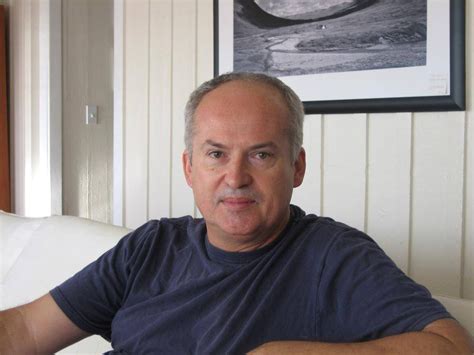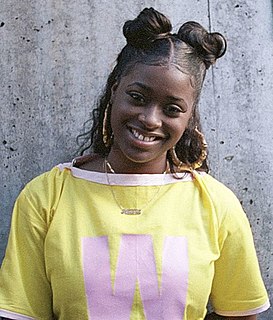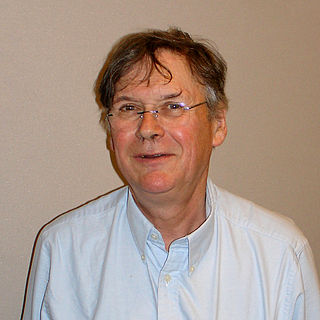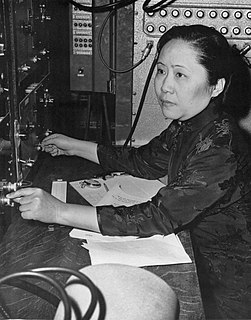A Quote by Hope Jahren
My lab is the place where I put my brain out on my fingers.
Related Quotes
Very few people are aware that in each of our fingers, located somewhere between the firs phalange, the mesophalange and the metaphalange, there is a tiny brain... It should be noted that fingers are without brains, these develop gradually with the passage of time and with the help of what the eyes see... That is why the fingers have always excelled at uncovering what is concealed.
Then one day, we’ll put the reward in the old place, and put in the rat, and, by golloy, the old habit will rememerge right away. habits never really disappear. They’re encoded into the sturctures of our brain, and that’s a huge advantage for us, because it would be awful if we had to relearn how to drive after every vacation. The problem is that your brain can’t tell the difference between bad and good habits, and so if you have a bad one, it’s always lurking there, waiting for the right cues and rewards.
The brain "fills in" the missing information from the blind spot. Notice what you see in the location of the dot when it's in your blind spot. When the dot disappears, you do not perceive a hole of whiteness or blackness in its place; instead your brain invents a patch of the background pattern. Your brain, with no information from that particular spot in visual space, fills in with the patterns around it. You're not perceiving what's out there. You're perceiving whatever your brain tells you.





































